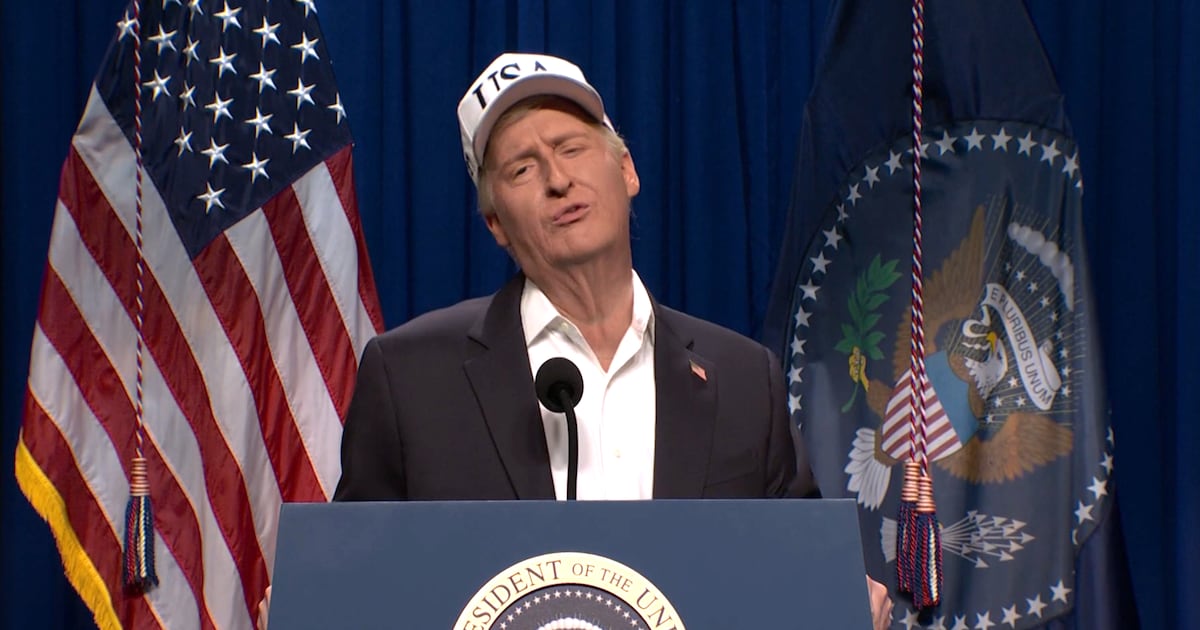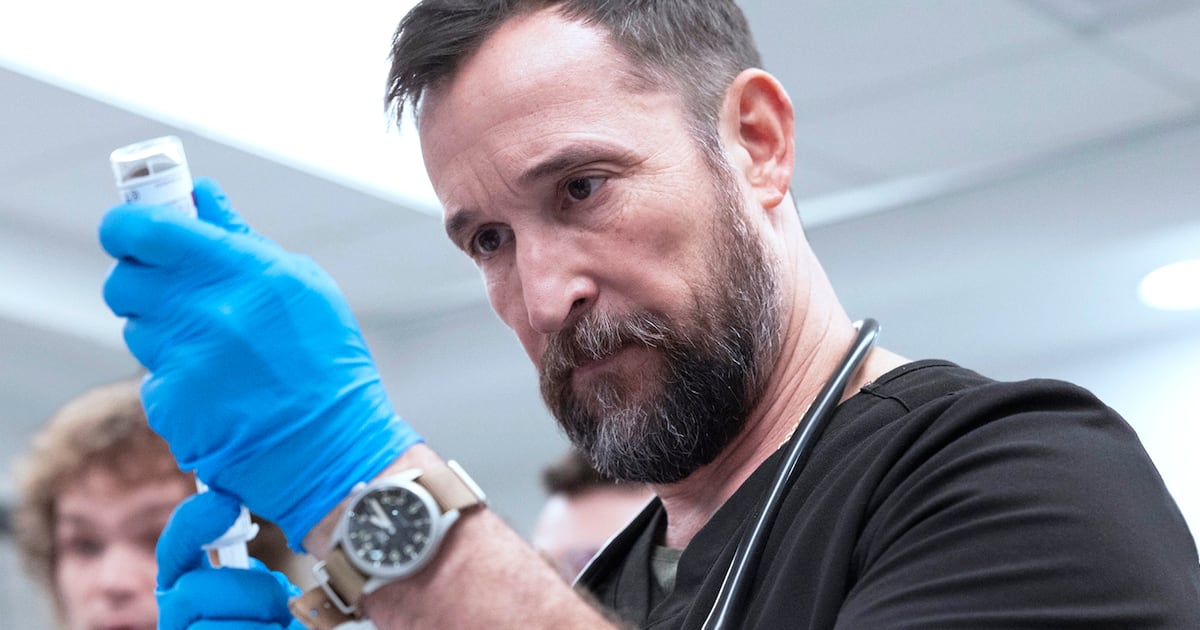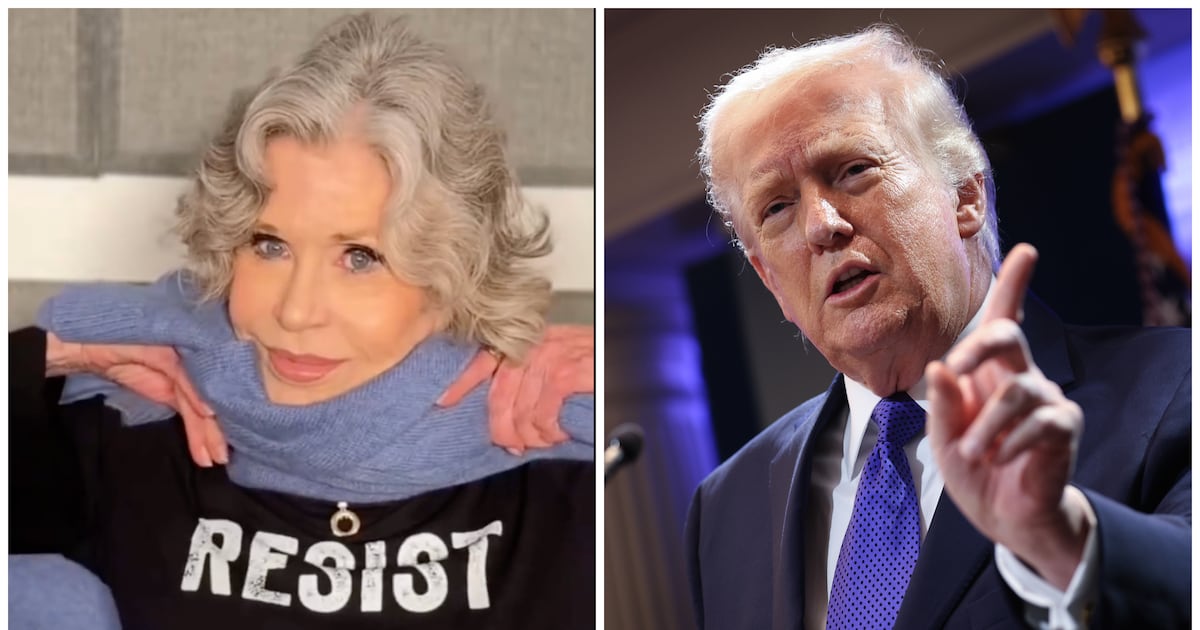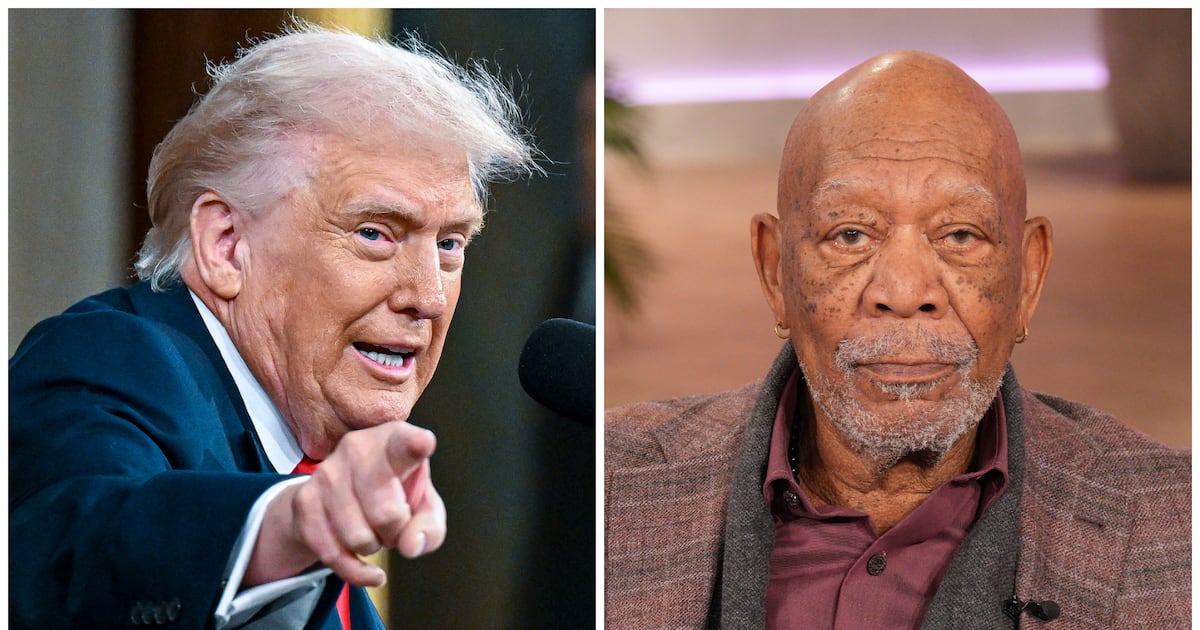(Warning: Spoilers for Civil War follow.)
Around 15 minutes into Civil War, we meet one of our protagonists: Jessie (Cailee Spaeny), a 23-year-old aspiring photojournalist trying to capture the ongoing clash between police and rebels in New York. Despite having no bullet proof vest, no neon “PRESS” jumper, and no hard hat, Jessie dives between an officer and a townsperson he’s beating with a stick. Jessie shoves her camera into the melee and—no shock here—is smacked with the police baton in response.
Luckily, longtime photojournalist Lee (Kirsten Dunst) is able to pull her out of the skirmish just in time, pressing her to the side of a police car while an explosion goes off. After the close call, Lee scolds Jessie—next time, Lee expects to see Jessie sporting a helmet and some kevlar. Lee herself isn’t wearing any protection. Why does Lee feel the need to scold Jessie when she hasn’t even taken her own veteran advice?

Kirsten Dunst, Cailee Spaeny, and Wagner Moura
Murray Close/A24This is the first of many eye-rolling incidents in Civil War, which, albeit fairly entertaining, is bogged down by a cast of entirely unlikeable folks. This crew—made up of Jessie and Lee, the two photographers, war reporter Joel (Wagner Moura), and aging competitor Sammy (Stephen McKinley Henderson), the most tolerable of the bunch—make Jesse Plemons’ white nationalist character look tolerable. (OK, maybe a stretch, but still.) They are pissy, unrelatable, and worst of all, act nothing like real journalists.
That’s possibly because Jessie isn’t a real journalist. Unlike Joel and Lee, who work for Reuters, and Sammy, a NYT vet, Jessie has no experience. One would think that would make her easier to root for—the underdog! Alas, no. Jessie shows up sporting a pair of Veja sneakers that retail for $210, some Levi’s skinny jeans, a portable film developer, and a big, dangerous dream. Apparently, she raided Urban Outfitters before the world shut down.
But you have to hand it to director/writer Alex Garland for this characterization, since he seems to be purposeful in his intent to make Jessie annoying—Gen Z, who needs ’em anyways? Irritating, chatty, too curious about the world, yuck. Lee does not hide her disdain for Jessie, complaining about the kid while she’s seated right in the back seat. Jessie continually strives to win Lee’s approval to little avail.
We don’t need to see these two being buddy-buddy, but the whole “I’m an aging reporter who has little energy to deal with this bright-eyed, bushy-tailed wannabe” shtick grows old very fast. Lee is so morose about the world around her—which, I get it, being in a civil war sucks—that she’s acting more like Sadness in Inside Out than a fully developed character. She broods about everything.
This is not what I’ve come to expect in the field of journalism, which is full of self-starters. If you don’t like journalism, you can just quit—it’s a hard field to maintain a steady job in, I’d guess even harder amidst an ongoing civil war. This does seem to be a possibility Lee explores herself, but from the jump, she seems totally unaffected by the world around her.

Kirsten Dunst and Cailee Spaeny
Murray Close/A24Which brings me to my next point: Joel, a reporter so keen on getting an interview from America’s fascist president (Nick Offerman) that he’s forgotten what journalism really is. When it turns out that the Western Forces (California and Texas; yes, before you ask, Garland told The Daily Beast’s Obsessed why these two are allies) are set to invade D.C. within 24 hours, Joel is beside himself. He’s lost the story. They traveled down to Virginia for nothing.
But that’s not what journalism is. We’re not setting out to get the “gotcha!” quote or the big interview—although those are both huge wins. We simply report on the happenings of the world. This is what is happening in the world, and Joel should continue reporting on what’s going on, just like all the other reporters surrounding him are doing. Interview the masterminds behind the Western Forces, report on the fact that they bombed the Lincoln Memorial, and talk about what D.C. looks like after journalists and civilians were barred entry. It’s literally your job, dude. Sorry you didn’t get to interview the president. Most journalists don’t and have wildly successful careers.
Saying all this, these three performances from Dunst, Spaeny, and Moura are all well done—they’re just playing poorly written characters. The movie is a technical feat, thoroughly entertaining, and a box office miracle; however, I don’t really understand how millions of you have seen this movie without yelling, “Oh my goodness, wipe that cranky frown off your face already!” around 18 times in the theater.
And again, I understand that these characters are going through trying times. Their terrible personalities are only heightened by guns and chaos. That said, this is a fictional movie with fictional people. Could we have not spiced them up with a bit of humor or likable attributes? Give them a fun cassette to listen to in the car or a road game. Maybe for Joel, a book on the ethics and morality of journalism, and for Jessie, a less noticeable outfit.





